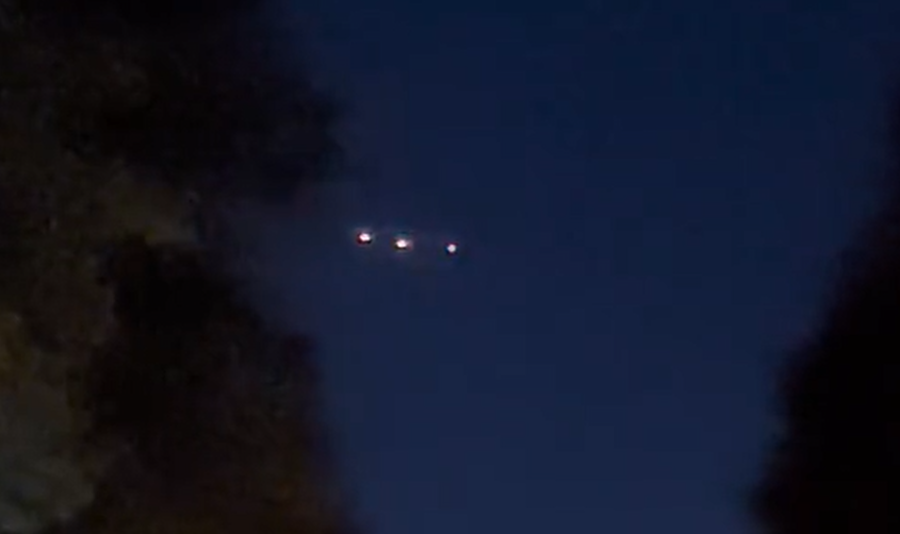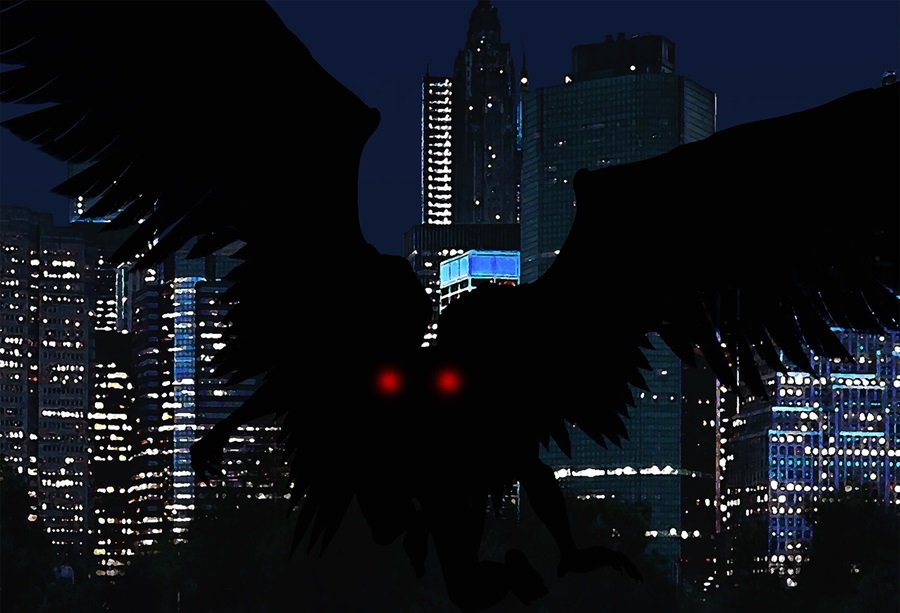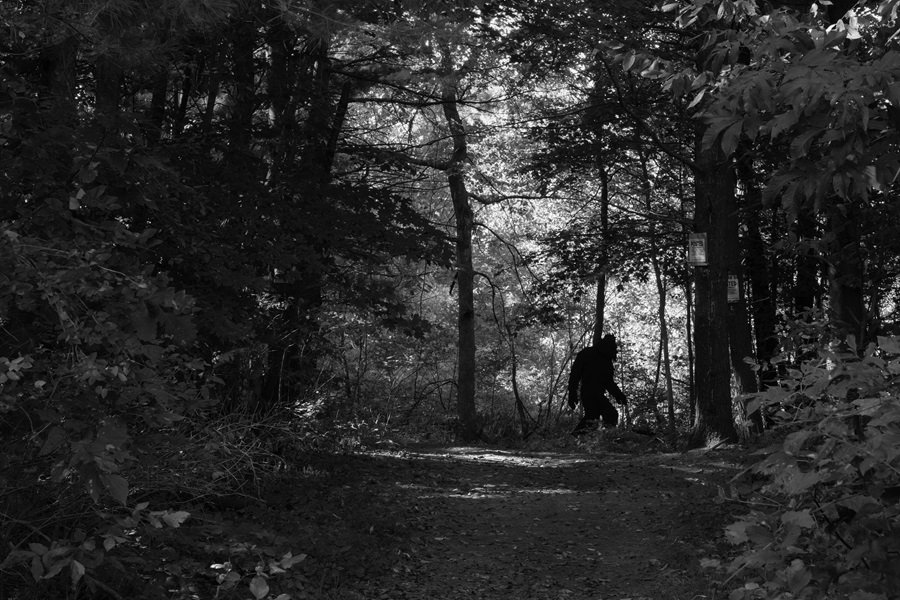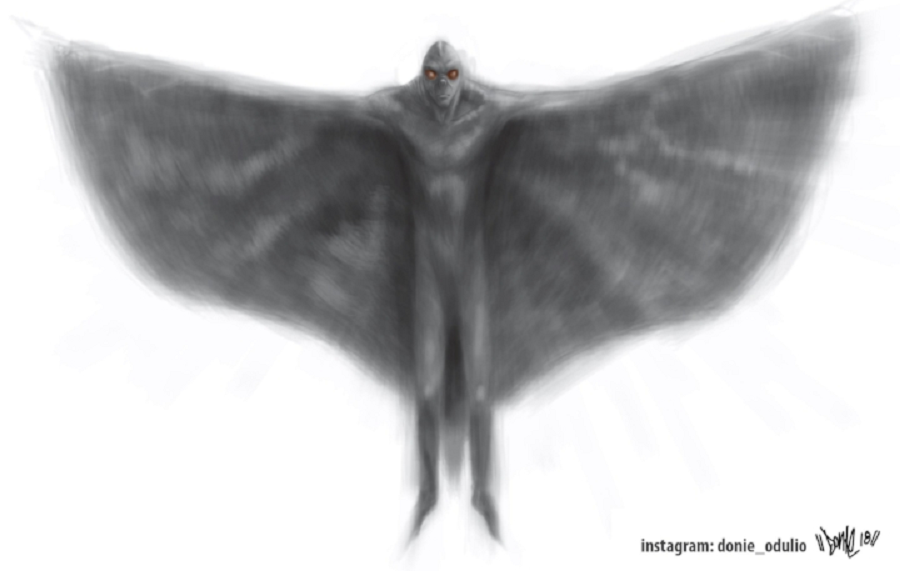Man Reports Sighting of 'Thunderbird' in Oklahoma
The Singular Fortean Society received the following report of an unusually large bird via an email entitled ‘Thunderbird sighting’ earlier this year.
The witness asked that he be identified only as Jason B.
So, 2007 to 2009, somewhere in there, I was working for an oilfield company, Chaparral Energy, out of Weatherford, Oklahoma. One of the first job sites I was sent to was laying about three miles of polyethylene pipe about 45 minutes southeast of Ponca City, Oklahoma, near the Osage Nation Reservation.
I was on a backhoe pulling what had to be a quarter mile of the pipe slowly behind, stopping when a joint needed welded together and so on. At one of the stops, I stepped out of the cabin to have a cigarette, and noticed something casting a gigantic shadow as I looked down to shield the flame from the wind.
I know Bald Eagles are one of the largest birds in North America, and I also know they range pretty much the entire continent. I also know at this time I had never seen one in the wild. What I also know [is] this bird was definitely larger than a Bald Eagle, the entire body was roughly the color of the Bald Eagles head, so a greyish white more like a Harpy Eagle. It was maybe 50-100 feet from the ground, and the wingspan at that distance made me realize how massive this bird was. Looking directly at it from my fixed point I would estimate the span from that distance to be 8-12 inches.
It wasn't long after that I believe it decided the backhoe wasn't prey and flew into the woods lowering its altitude as it went. The last time I remember seeing it, I could visibly see the treetops moving and bending away from the wind created by [its] wing flaps.
In further correspondence with investigator Tobias Wayland, Jason clarified certain points and provided additional information regarding his experience.
Jason said that he was in his late 20s at the time of his sighting, which took place during springtime, between February and March. He described the temperature as being in the low 80s during the day and dropping into the 50s at night.
"It was a clear and sunny day, it was quite warm, I wasn't in even a light jacket that day," he said. "If there were any clouds, I don't remember seeing them at all."
The estimated wingspan given in the initial email was the relative size from his perspective, but Jason estimated the actual wingspan of the bird to be closer to between 14 and 16 feet. Bald eagles can reach wingspans of up to eight feet, and harpy eagles, which are not native to the area, have wingspans of up to just over seven feet.
"The most vivid detail I remember was the coloration. It was a lot lighter in color than most of the large birds I had seen. Growing up in the south I had seen various hawks, buzzards, and even a peregrine falcon or two, but the coloration was more like a Harpy Eagle. Very little brown, but a lot of different shades of grey," he said. "The second thing that stuck out with me was when it got close to the tree line, you could see the treetops bend under the wind caused by the wing flaps. But it wasn't a windy day."
In total, Jason estimated that his sighting lasted 10 or 15 minutes before the enormous bird dropped too low behind the tree line and he lost sight of it.
The Thunderbird is a popular legend among a wide variety of indigenous cultures across North America, including the Algonquian, Iroquois, Siouan, and Arikara peoples. Although regional variants differ, the Thunderbird is often described as an enormous bird sometimes credited with supernatural abilities, such as creating thunder from the flapping of its wings and lightning flashing from its eyes. In cryptozoology, the word has been appropriated to describe any bird of unusual size.






















